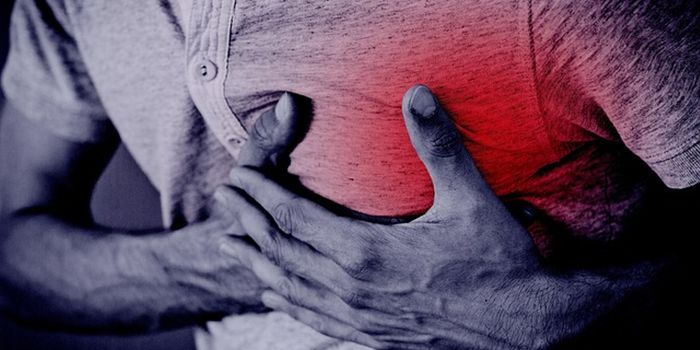The aortic valve regulates blood flow by opening and closing, and when it stops working an aortic valve replacement (AVR) surgery must be done for blood flow to resume like normal, delivering oxygen and nutrients to the body tissues (
The Society of Thoracic Surgeons). In an evaluation of 13 studies, scientists from the University of Sydney in Australia determined which replacement was best: mechanical or bioprosthetic valves.
Although the researchers found that mechanical valves, made of metal, lasted twice as long as bioprosthetic valves, made of tissue, the bioprosthetic valves were much less likely to cause blood clots. Patients with mechanical valve replacements were also more likely to experience a major bleeding event post-operation.
"This is a complex decision that requires up-to-date evidence,” said Paul G. Bannon, PhD. However, the review, published in
The Annals of Thoracic Surgery, promoted the bioprosthetic valves as a better choice most of the time.
Bannon and his colleagues looked at the condition of AVR recipients 15 years after surgery. From 13 studies, AVR surgery patients were between the ages of 40 and 70 years old. Although there was no reported difference in survival, stroke rate, or rate of endocarditis, the team concluded that a higher risk of a major bleeding incident was more dangerous than a prosthetic valve needing replacement.
Additionally, because of the associated risk with blood clots, patients receiving a mechanical valve must be prescribed anticoagulant medication for the duration of their lives.
"We hope that our results can give future patients needing AVR more information to help them choose the appropriate replacement valve for their condition,” Bannon said.
Source:
Elsevier Health Sciences









